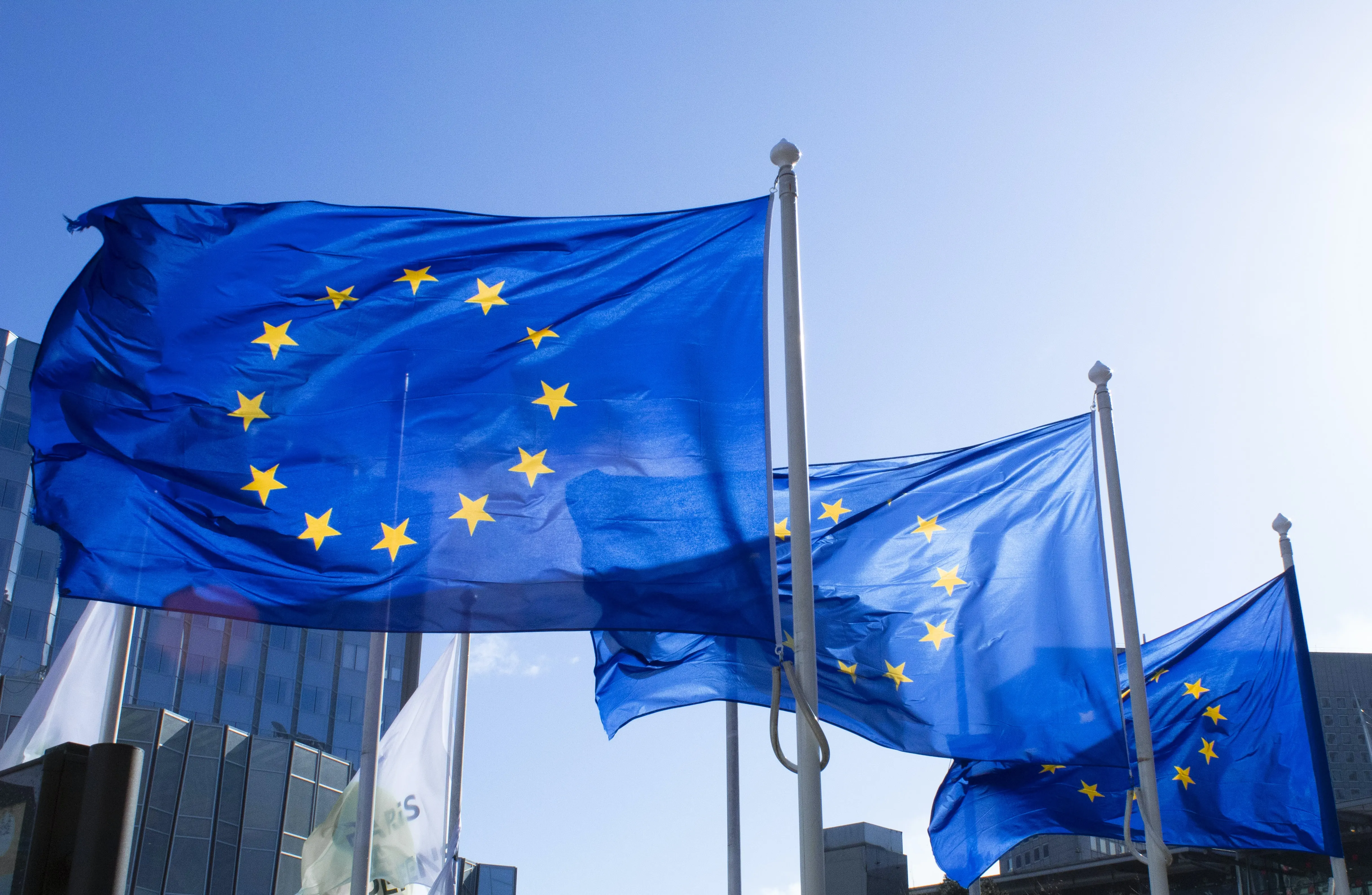Contents
An Overview of CSRD Reporting Requirements and Framework
27 February 2025
Introduced in 2022 by the European Commission, the Corporate Sustainability Reporting Directive (CSRD) aims to expand the scope of sustainability disclosure for the European Union (EU). The CSRD is part of the EU’s broader push to standardize sustainability reporting, replacing the Non-Financial Reporting Directive (NFRD).
This directive requires more the 50,000 organizations to provide information on their environmental, social and governance (ESG) impacts. This includes large EU companies, listed small and medium-sized enterprises (SMEs) and non-EU companies with substantial business operations in the EU.
What Is the Purpose of the CSRD?
The CSRD ensures that sustainability reporting moves beyond voluntary disclosure to a standardized, compliance-driven process. The directive implements double materiality, requiring companies to report on how sustainability issues affect their financial performance and how their operations impact society and the environment:
1. Financial Materiality: Financial materiality assesses how sustainability-related risks and opportunities impact a company’s financial performance, operations and value creation over time.
2. Impact Materiality: Impact materiality focuses on how a company’s activities affect the environment and society, regardless of financial consequences.
Organizations must complete a double materiality assessment to determine material topics.
CSRD and the ESRS Reporting Framework
To comply with the CSRD, companies must report in line with the European Sustainability Reporting Standards (ESRS). Established by the European Financial Reporting Advisory Group (EFRAG), the ESRS provides a structured framework for the following areas of ESG and sets detailed disclosure requirements.
ESRS Environmental Standards
ESRS E1: Climate change
Organizations must disclose their greenhouse gas emissions, other climate-related impacts, climate change adaptation and mitigation measures.
ESRS E2: Pollution
Organizations must disclose their air, water and waste pollution data along with their pollution prevention and control measures.
ESRS E3: Water and marine resources
Organizations must disclose their water use, water management measures and other water-related impacts.
ESRS E4: Biodiversity and ecosystems
Organizations must disclose their impacts on biodiversity and ecosystems, biodiversity conservation and restoration measures.
ESRS E5: Resource use and circular economy
Organizations must disclose resource use data, circular economic measures and other resource-related impacts.
ESRS Social Standards
ESRS S1: Own workers
This standard delves into a company's internal workforce dynamics. It assesses matters like employee well-being, diversity and inclusion, training and working conditions.
ESRS S2: Workers in the value chain
This standard evaluates the treatment and rights of workers beyond the organization's immediate employees.
ESRS S3: Affected communities
This standard highlights a company's interactions with local communities impacted by its operations. It looks at engagement, stakeholder communication and initiatives to uplift these communities.
ESRS S4: Consumers
This standard revolves around consumer welfare and protection. It examines how a company ensures product safety, communicates effectively with consumers and addresses concerns and feedback.
ESRS Governance Standards
ESRS G1: Business conduct
This standard incorporates disclosure of ethical business practices, including anti-corruption measures, tax transparency and responsible lobbying.
Submitted data will be subject to limited third-party assurance, requiring an auditor to verify its accuracy and compliance with CSRD standards. Failure to comply with CSRD can result in regulatory fines, legal risks or mandated changes.
Addressing Challenges of CSRD Reporting Requirements
Because the CSRD relies on multi-level reporting and action plans that organizations may not be familiar with, some companies find it challenging to provide the required reporting. Therefore, effective ESG reporting requires well-defined metrics and measurement policies.
To enhance reporting, companies must follow a structured approach:
1. Define a clear strategy that assesses impacts and opportunities
2. Implement action plans with well-defined targets and involve relevant personnel
3. Measure performance against set goals
There's no single solution for the CSRD. However, driving your environmental accountability requires a multifaceted approach that manual processes can't facilitate. Automation helps ensure streamlined data collection that meets regulatory requirements and saves businesses valuable time and resources. Many processes, such as environmental data collection, calculations and reporting, can also be seamlessly integrated within a centralized ESG system.
The CSRD represents a major step forward in sustainability reporting, ensuring that companies provide transparent, standardized and verifiable ESG data. Although CSRD compliance may be challenging, leveraging automation and structured reporting processes can help businesses stay ahead of regulatory requirements and contribute to a more sustainable future.
Interested in learning more about ESG & sustainability? Browse our solutions below to see how Evotix can support your CSRD requirement needs!

RELATED BLOGS

Understanding the CSRD Reporting Timeline
20 March 2025 - Team Evotix
On July 31, 2023, The European Commission (EC) made a significant stride toward fulfilling the goals of the European Green Deal by officially embracing the European Sustainability Reporting Standards..

Navigating the EU’s Chemical Rules and Regulations: Part 1
14 February 2024 - Team Evotix
The European Union (EU) has recently unveiled proposed chemical rules and regulations, marking a significant step toward creating safer and healthier environment, health and safety management (EHS)..

The Ultimate Health & Safety Inspection Checklist
27 September 2024 - Team Evotix
Ensuring the health and safety of every individual within your organization is a complex and ongoing journey. As workplace hazards continuously shift and evolve, regular health and safety inspections..
